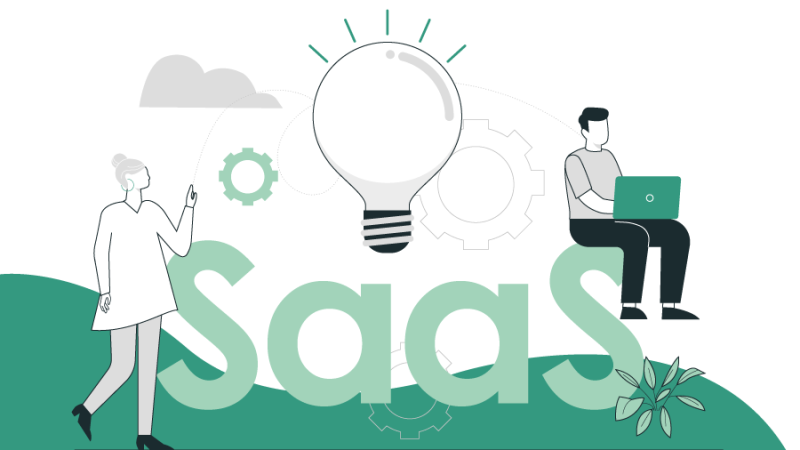Strengthening Unity: Collaborating with the Interfaith Community for Positive Change
In a world marked by diversity and unique beliefs, fostering unity and understanding is essential for creating a harmonious society. One powerful avenue for achieving this unity is collaboration with the interfaith community. Individuals from different religious backgrounds can harness their collective strength to bring about positive change by working together. This article explores the significance of collaborating with the interfaith community and how such partnerships can contribute to building bridges, fostering tolerance, and promoting positive transformations.
Celebrating Diversity and Building Bridges
Interfaith collaboration is a platform for joyfully embracing the diverse tapestry of global religious traditions. Recognizing and honoring the beliefs of various faiths enables communities to construct bridges that unite people beyond religious boundaries. This recognition and celebration of diversity create an atmosphere where individuals can mutually learn from one another, fostering an environment of respect and understanding. Gregory Abdullah Mitchell actively facilitates the coming together of these extraordinary communities, promoting cooperation and collaboration with the interfaith community, government, media, and the public. Through his efforts, diverse religious groups engage collectively, contributing to a more interconnected and harmonious society.
Promoting Tolerance and Counteracting Prejudice
In a world of religious intolerance, interfaith collaboration stands as a beacon of hope. Through joint initiatives and dialogues, the interfaith community can actively work to promote tolerance and counteract prejudice. By understanding and appreciating the similarities and differences between faiths, individuals can break down stereotypes, dispel misconceptions, and build a foundation of respect that transcends religious lines.
Addressing Social Issues through Collective Action
The interfaith community is well-positioned to address pressing social issues through collective action. By pooling resources and expertise, religious leaders and their communities can collaborate on initiatives to alleviate poverty, promote education, and provide humanitarian aid. Such joint efforts amplify the impact of individual contributions, making a tangible difference in the lives of those in need.
Education and Interfaith Dialogue
Education is a powerful tool for dispelling ignorance and fostering harmony. Interfaith dialogue, whether through seminars, workshops, or cultural events, allows individuals to learn about different religions, their values, and their contributions to society. This educational exchange promotes a deeper understanding and appreciation of diverse faith traditions.
Environmental Stewardship
Interfaith collaboration can extend beyond religious practices and address global challenges such as environmental sustainability. Many faith traditions are committed to environmental stewardship and caring for the planet. By working together on eco-friendly initiatives and sustainable practices, the interfaith community can contribute to positive change on a global scale.
Crisis Response and Humanitarian Aid
In times of crisis, the interfaith community has the potential to become a powerful force for good. Collaborative efforts during natural disasters, conflicts, or health crises can provide swift and effective humanitarian aid. Religious organizations often have established networks and resources that, when combined, create a formidable response to alleviate suffering and promote recovery.
Cultivating a Culture of Peace
Interfaith collaboration inherently promotes the values of peace and harmony. By coming together to address shared concerns and challenges, communities can foster a culture of peace that transcends religious differences. This collective commitment to peacebuilding creates a ripple effect that extends beyond the interfaith community, influencing broader societal attitudes.
Collaborating with the interfaith community is critical to strengthening unity and fostering positive change in a world marked by diversity. By celebrating diversity, promoting tolerance, addressing social issues, engaging in education and dialogue, championing environmental stewardship, responding to crises, and cultivating a culture of peace, individuals from different faith traditions can work hand in hand to create a more harmonious and understanding world. The efforts of the interfaith community serve as a testament to the power of unity in bringing about transformative and lasting change.






